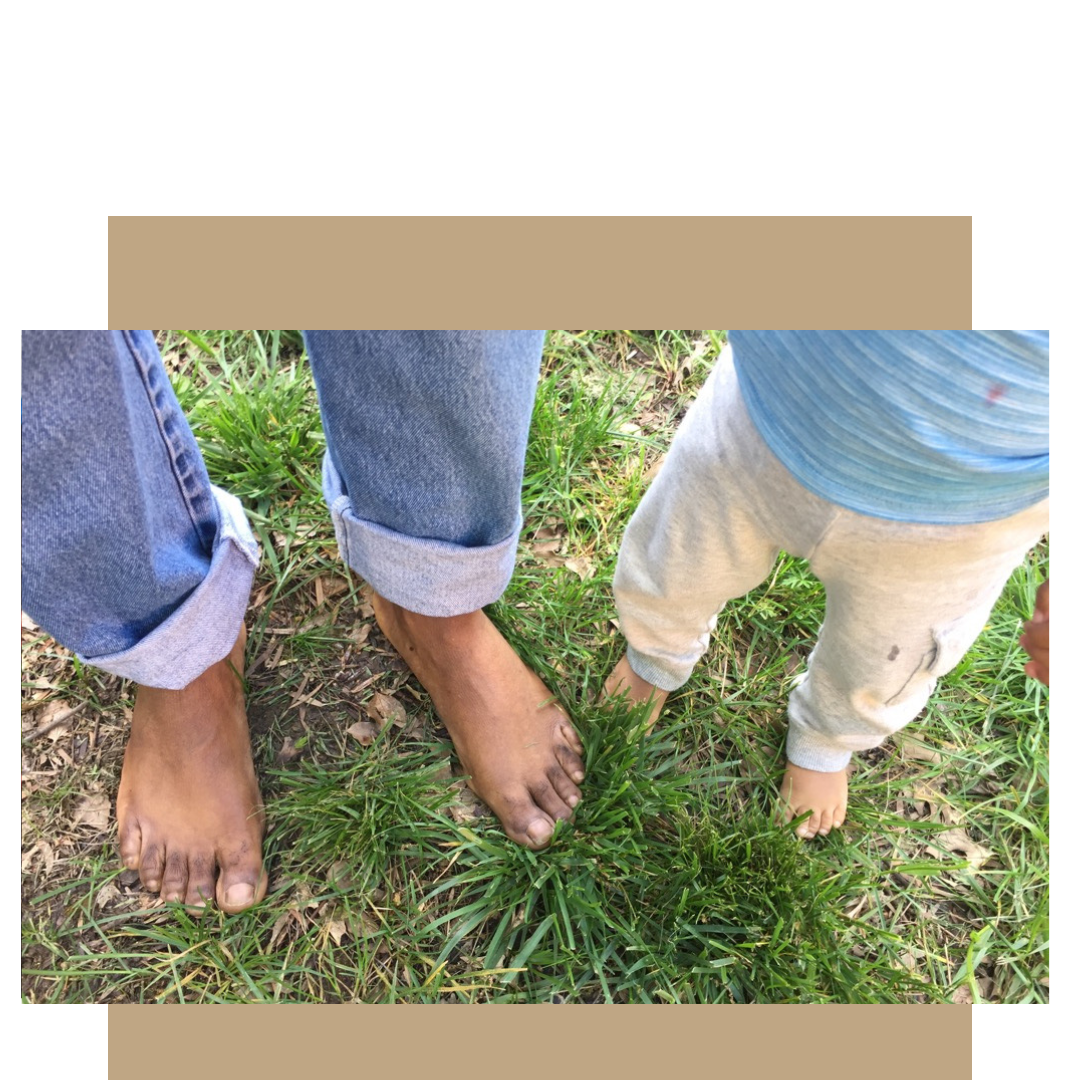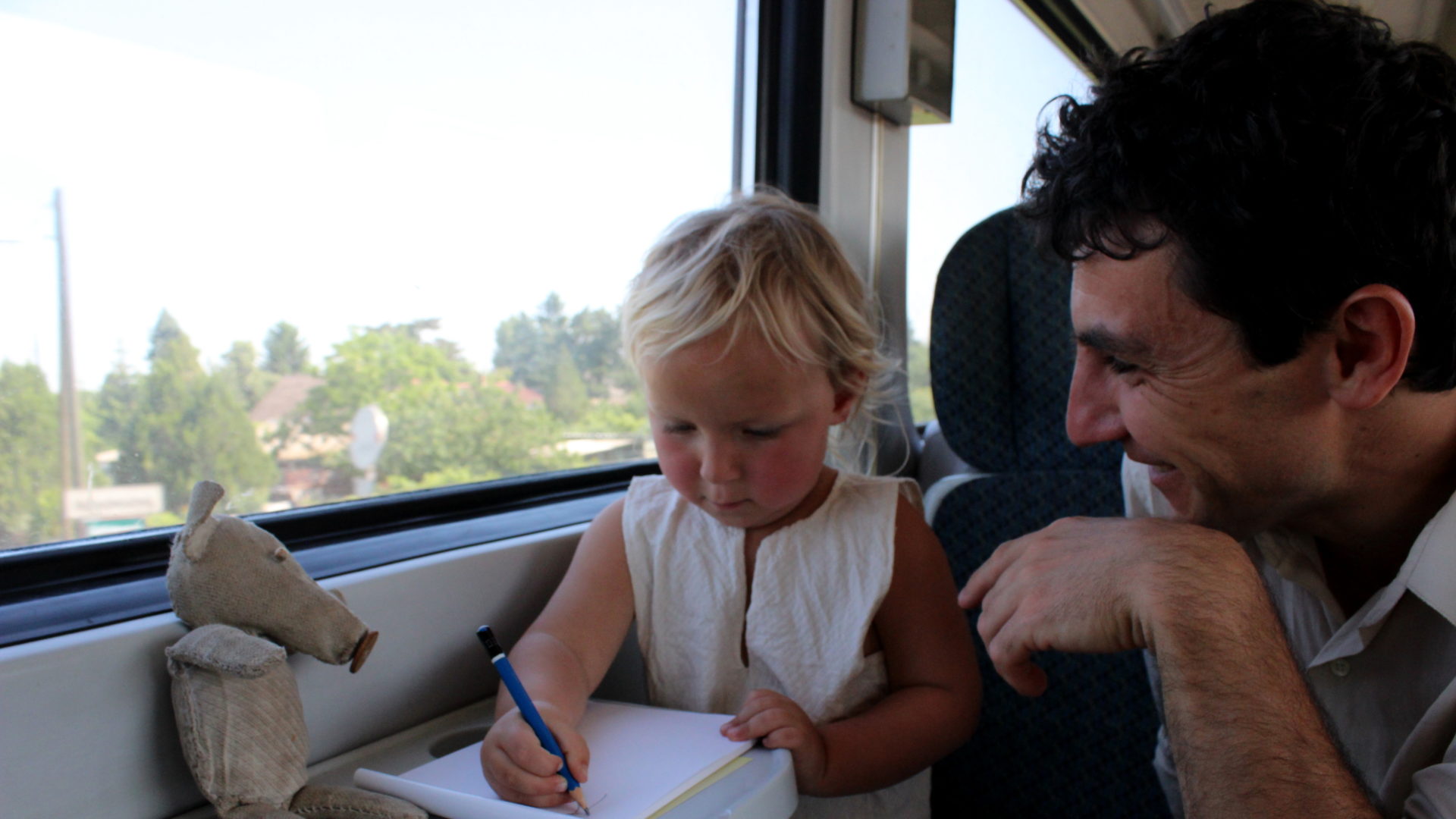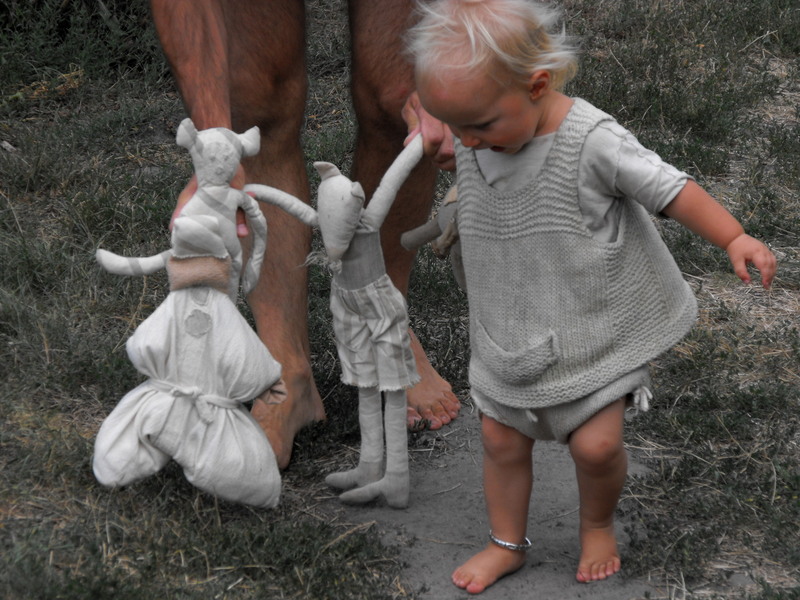Follow my blog with Bloglovin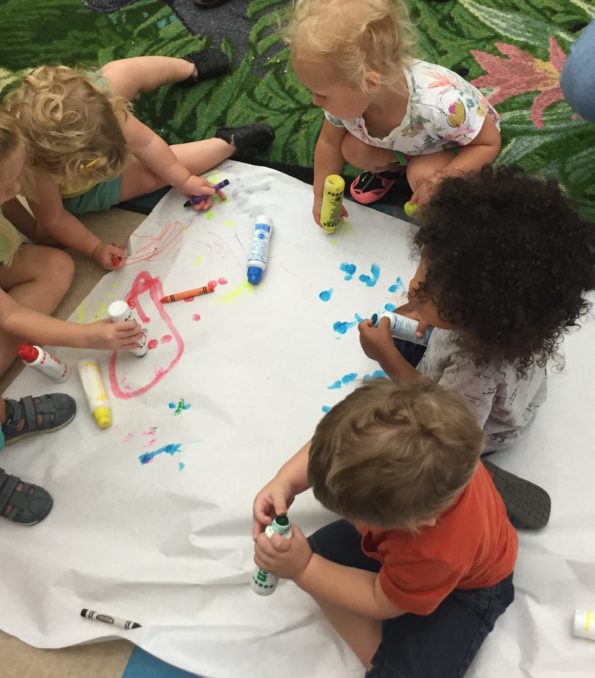 Have you seen that toddler that talks all the time? What about the 3 year old that is shy? From chatterboxes to timid toddlers who hide behind legs of their parents, young children all begin speaking at different ages and stages of life. It is not a matter of brain size, yet it does have something to do with gender.
Have you seen that toddler that talks all the time? What about the 3 year old that is shy? From chatterboxes to timid toddlers who hide behind legs of their parents, young children all begin speaking at different ages and stages of life. It is not a matter of brain size, yet it does have something to do with gender.
Gender
Girls are known for their amazing ability to keep a conversation going, which comes as no surprise if you have ever been in a room full of little lassies you will already know that the noise level will stimulate your ears. Now the fact that they often speak more, faster and with a larger vocabulary at a younger age has more to do with brain development.
According to David Walsh, Ph.D., an authority on children, teen, parenting and family life, he states that “During infancy the left hemisphere (the brain’s language center for most people) develops before the right for little girls whereas the order is reversed for boys. Even more convincing, females have at least 20% more neurons than males in the brain’s Broca area (where we produce language), and they have as much as 18% more volume in the Wernicke’s area (where we interpret language).”
But that is not to say that boys suffer in learning language, that they are slower or that they will be left behind. While girls are learning to speak sooner as they are naturally attuned to the sound of voices and becoming attuned to reading facial expressions, boys are walking, running, jumping and focusing on physical strength. Whereas girls start understanding and speaking around 12 months, boys will hit that stage around 13 to 14 months. And at the age of 16 months girls will have a vocabulary reach of as many as 100 words, outdoing the boys with a level of roughly 30.
They say that the vocabulary gap does narrow around the age of 2.5, and that is when the talking, screaming, shouting, laughing and singing fun really begins. It can be frustrating at times, for both the child and the parent, when your toddler is learning to speak. From the child’s perspective, they want to express themselves, but don’t know all the words yet, or how to say them correctly. As a parent, it is your challenge to understand and interpret what they are exactly trying to say. A game of charades it can be at times, but no one knows your child better than you, so this is actually a really exciting time in terms of language development. And you are an integral part of the learning to speak experience.
How Can You Help Your Toddler Talk?
How can you help your toddler to learn new words, how to express their emotions in a healthy way and how to be bold in asking for what they want?
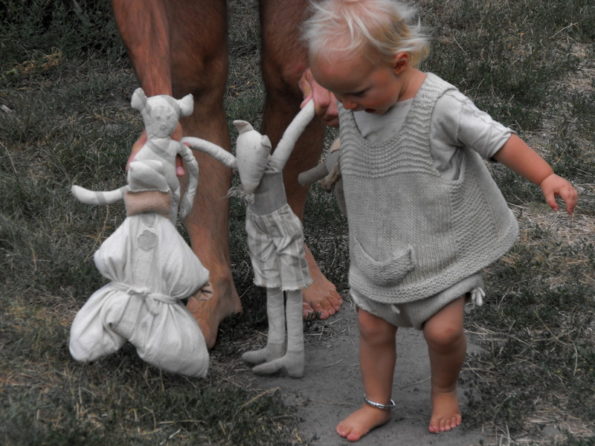
There is no right or wrong way for our kids to learn to speak, but there are ways to encourage them to try making new sounds and develop their voice.
- Read to your child – starting in the womb, so they get to know your voice, and then later too. Read as much and as often as you have time and books for. As they get older they will want to join in, making sound effects, repeating lines and eventually taking over the story-telling.
- Talk to them as if they are mature enough to understand – always explain what you are doing and why, whether you are out for a walk in the park or cooking dinner. Children will develop a vocabulary of larger words at a quicker rate if you speak to them in a grown-up way.
- Sing – nursery rhymes and ear-catching songs are great ways to have young ones learn to repeat and memorize what is said out loud. Pronunciation and word order come into play here, but it is also important to think about the quality of the message and focus on repeating positive sayings that promote happy feelings.
- Discover the patience to repeat – over and over, and over again. Learning a foreign language happens this way, sometimes you have to hear the same question repeated multiple times before you can fully understand and answer it on your own. For all of us, at any age, repetition makes learning possible.
- Pretend play – encourages your child to put words to their actions and verbally express what they mean. It can promote conversations which involve grammar, past and present tense – language learning at its best!
Just keep in mind that there are no timeframes for learning to speak and some days will be easier than others, but there is reassurance that a child is always learning, so long as they are listening – an important skill to master alongside talking.
http://www.pbs.org/parents/experts/archive/2012/09/boy-and-girl-brains-whats-the.html#
We would love to hear from you on how is language development going with your little one.



